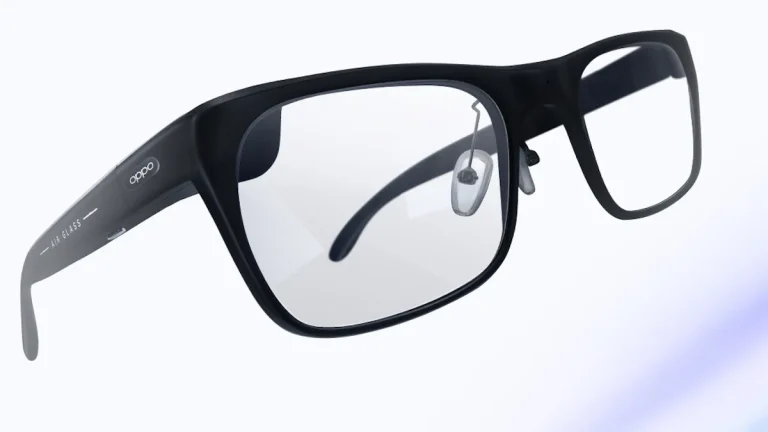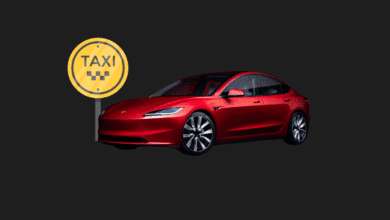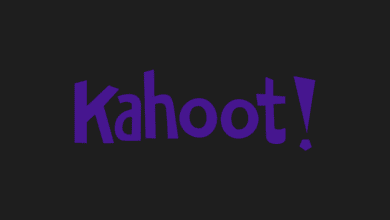Exploring the Merge of Augmented Reality and AI

A significant transformation is underway in the technology landscape. The traditional concept of augmented reality (AR) is becoming less prominent, while AI-driven smart glasses are emerging as a focal point.
Major tech companies are rapidly advancing to embrace this new trend and compete in the marketplace. Chinese smartphone maker Oppo aims to be at the forefront of AI glasses technology.
Oppo recently showcased the Air Glass 3 at the Mobile World Congress in Barcelona, Spain. The device utilizes Oppo’s proprietary genAI technology, AndesGPT, offering multimodal capabilities. This means its integrated camera can capture images and process them through AndesGPT for identification and analysis. The Oppo glasses are noted for their visual interface and compact, lightweight design, weighing just 50 grams.
Google is also gearing up to enter the AI glasses market with a strategic initiative. Following the discontinuation of its Google Glass Enterprise Edition a year ago, Google has shifted its focus to developing smart glasses that resemble regular eyewear. The company has secured or applied for numerous patents in this field, positioning itself as a formidable competitor.
Google’s aim with AI glasses is to create a user interface for accessing information through advanced AI tools.
Microsoft is seeking a patent for “smart glasses” that could potentially offer access to ChatGPT, leveraging its relationship with OpenAI. The company is also addressing challenges specific to AI glasses, such as battery life, exploring solutions like hot-swappable mini-batteries and the option to connect to an external battery pack worn on the belt or in a pocket.
Amazon ventured into this domain early with the launch of Echo Frames in September 2019. Now in its third generation, Echo Frames are somewhat overshadowed by the Ray-Ban Meta glasses, which offer superior features at a similar price point. Echo Frames rely on the older Alexa, rather than the newer, more popular LLM-based chatbots. It’s expected that Amazon will soon introduce genuine AI glasses equipped with a camera for multimodal capabilities and a generative AI chatbot.
Currently, Ray-Ban Meta, a collaboration between Luxottica, the Italian eyewear giant, and the company formerly known as Facebook, leads the market in voice-output AI glasses.

Apple is fully equipped with patents that position it to make a significant entrance into the AI glasses market. The blend of technology and fashion could prove to be an unbeatable combination for Apple.
Large companies are engaged in a fierce competition to introduce AI glasses to the market, recognizing that the greatest challenge may come from the myriad of small companies entering the fray.
This technological revolution has the potential to impact millions. The widespread adoption of AI glasses could enable individuals to navigate their daily lives more smartly and efficiently. In the business sector, these glasses may introduce innovations across various domains and optimize operational processes.
However, the advent of these technologies raises concerns, particularly regarding privacy and security. The protection of users’ personal data and the purposes for which this data will be utilized are becoming crucial topics of discussion.
In summary, the emergence of AI-driven smart glasses represents a significant evolution in the technology landscape, with the potential to streamline daily activities and business operations.
Yet, the implications for privacy and security associated with these technologies warrant careful consideration. As AI glasses become more common, addressing these concerns will undoubtedly become increasingly important.
What are your thoughts on this? Feel free to share your opinions in the comments!











